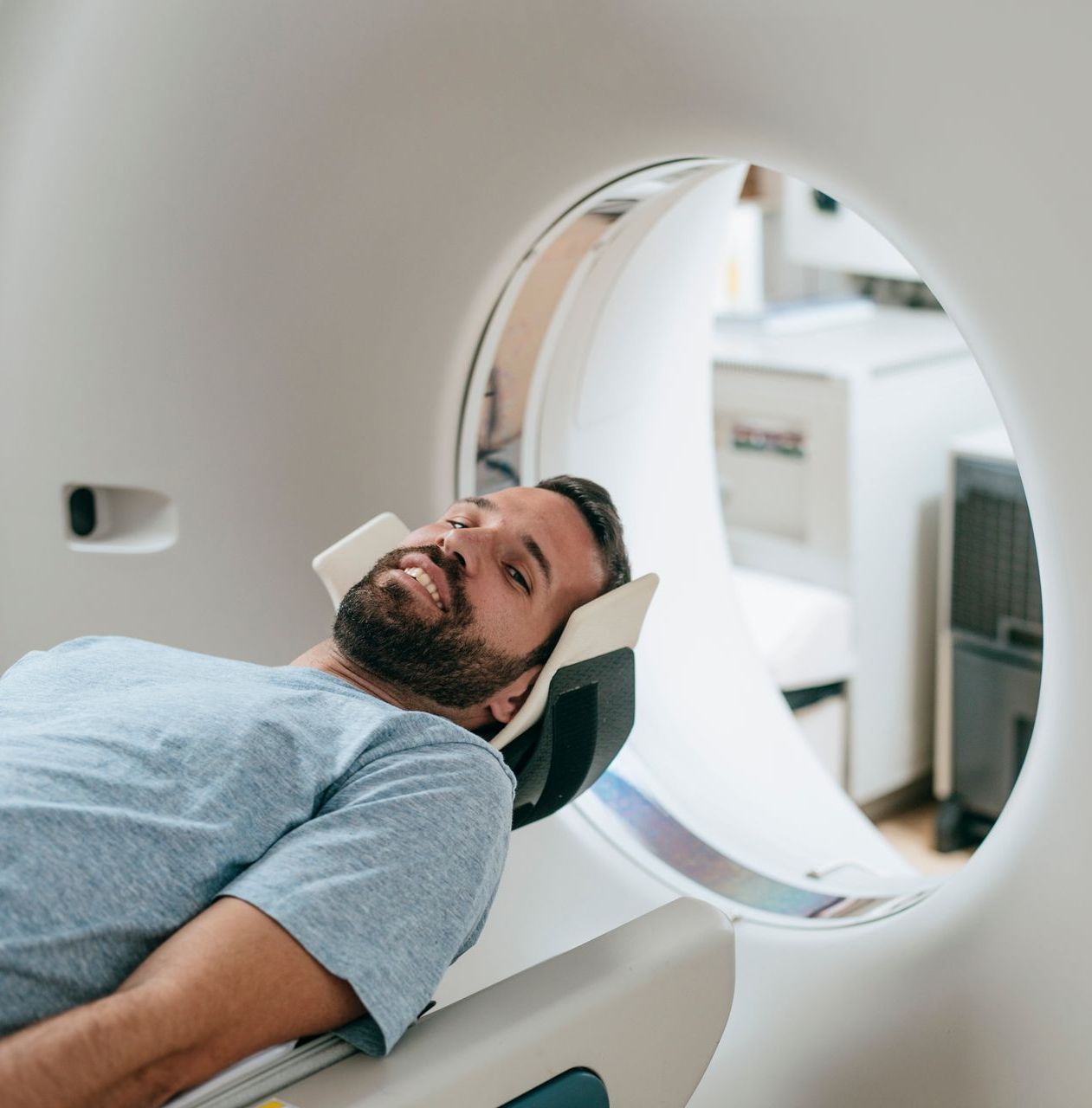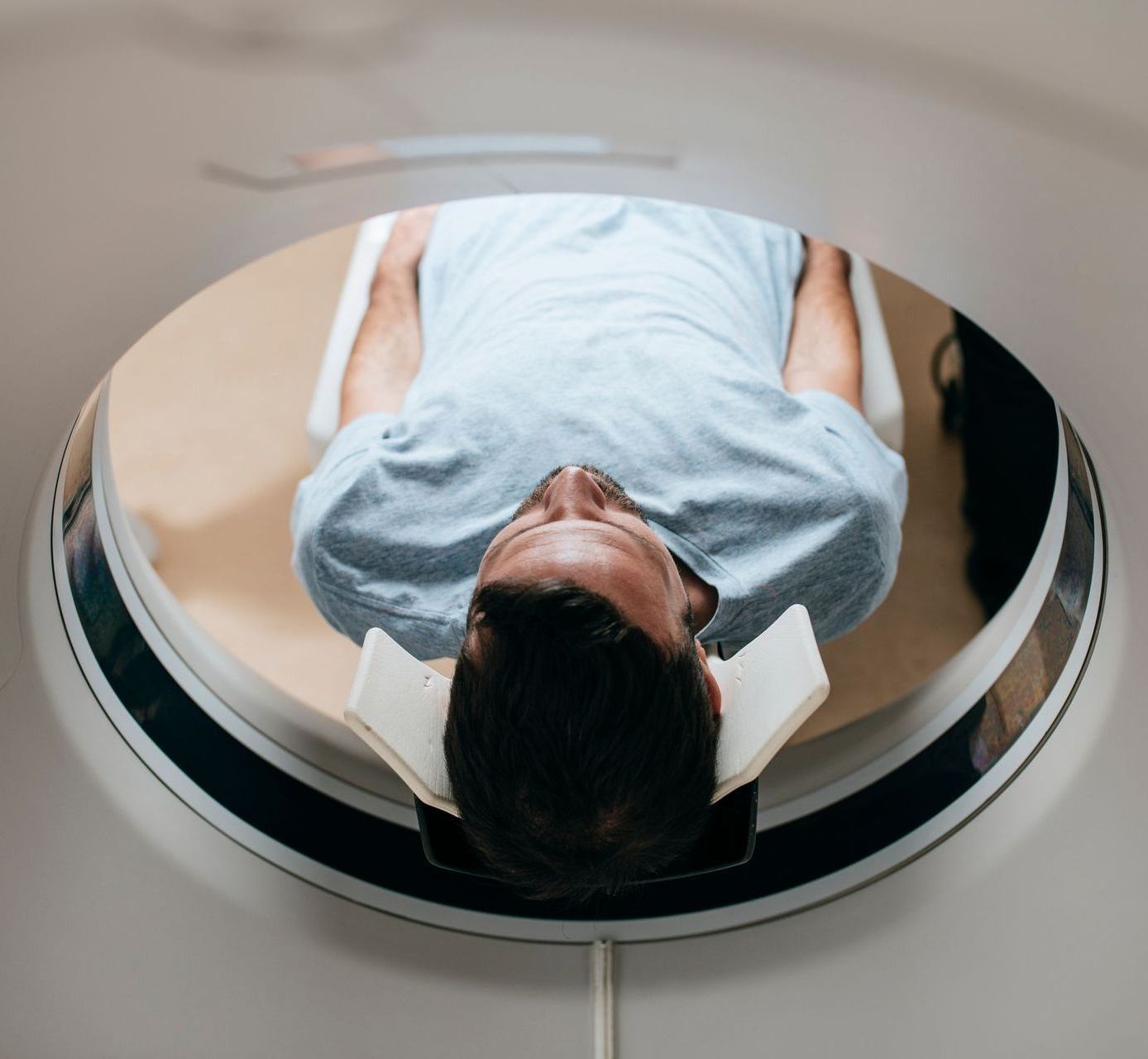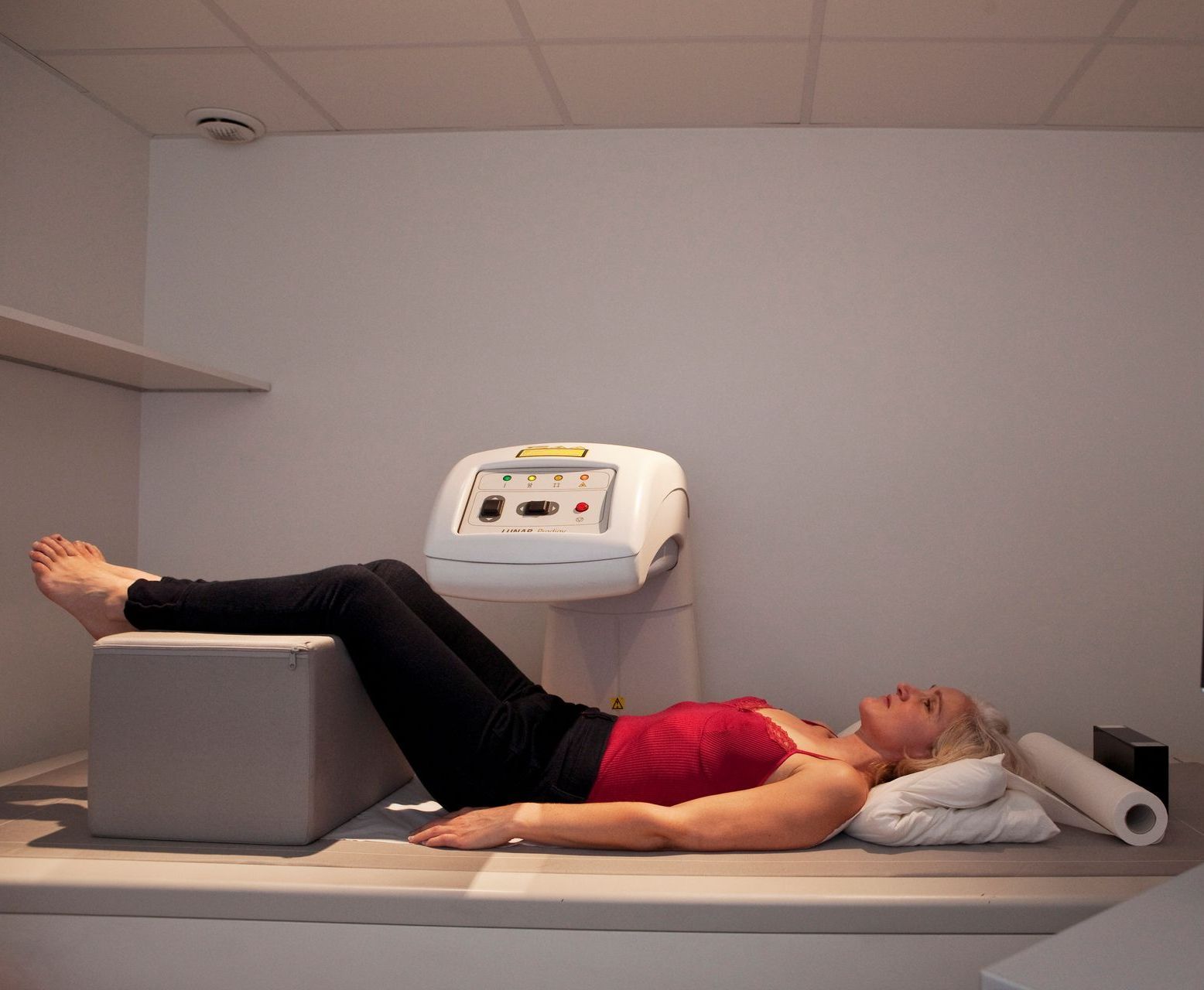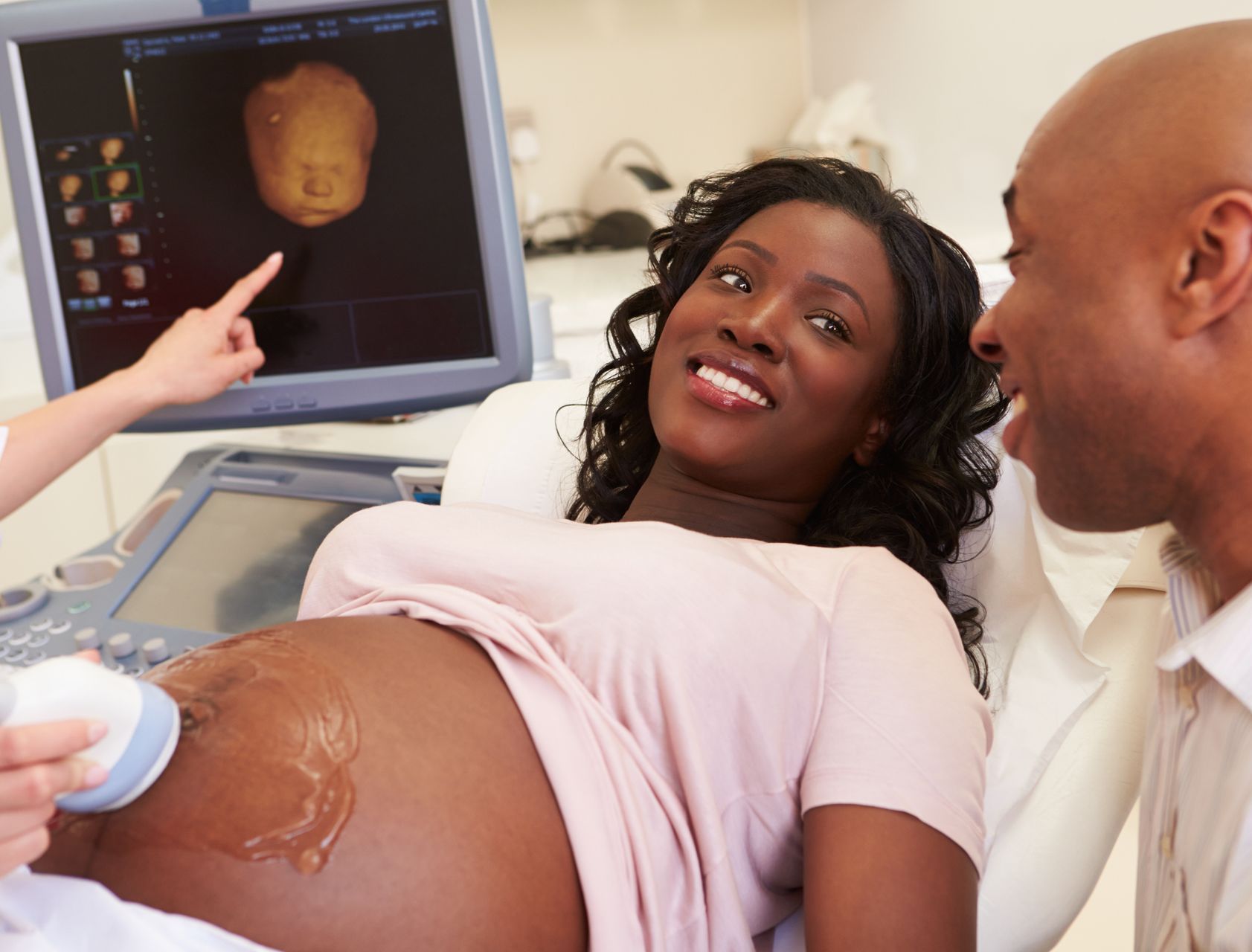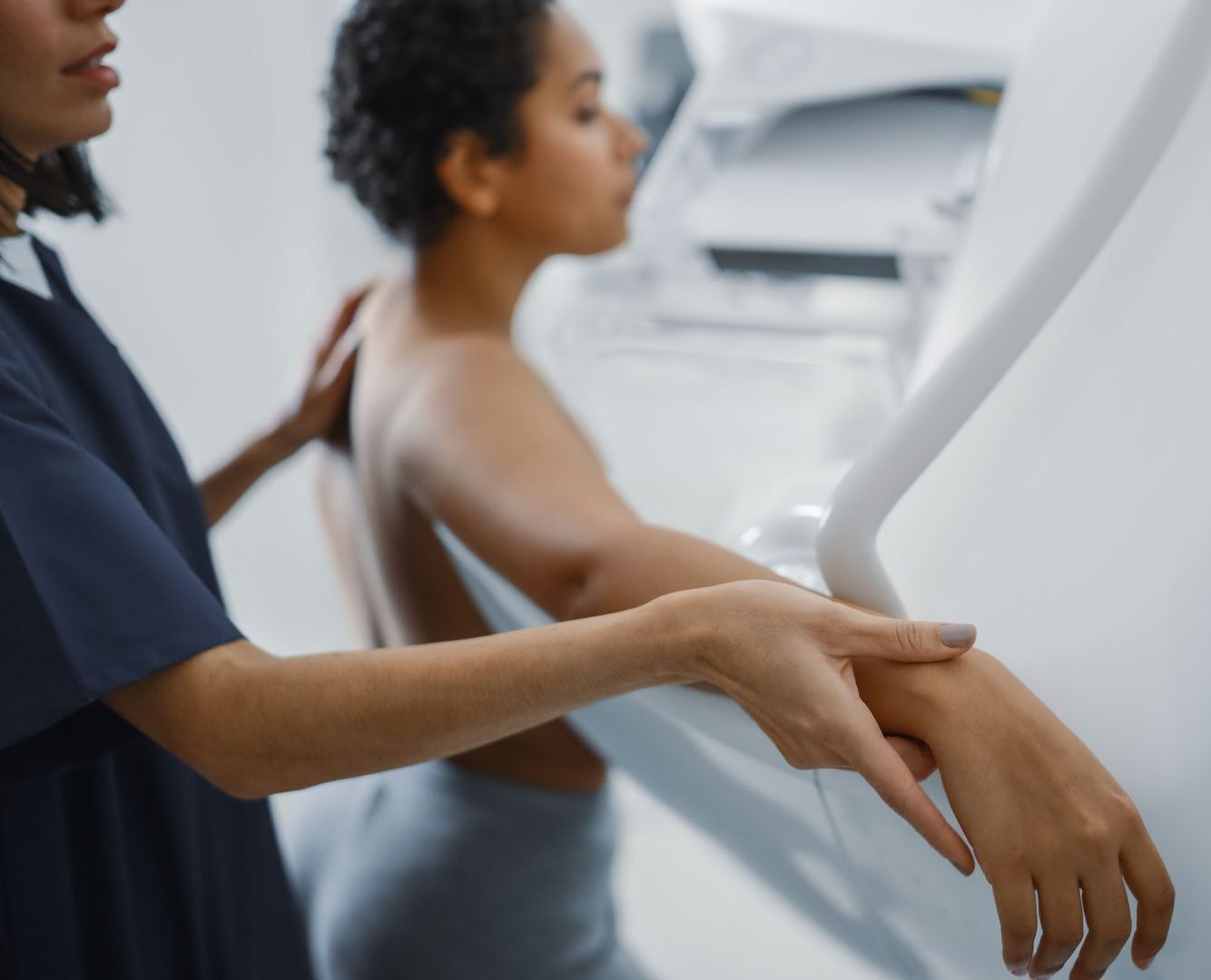Healthcare Services
Medical Imaging
As part of our full array of health care services, St. Hope Healthcare offers both screening and diagnostic imaging for our Greater Houston Community. Our certified technologists and sonographers provide the detailed images and professional evaluation needed to make the best possible decisions for your care.
SHH Medical Imaging features state-of-the-art equipment for your specific imaging needs.
Available Services:
- CT Scan (Computed Tomography Scan)
- DEXA Scan (Dual Energy X-Ray Absorptiometry)
- Ultrasound
- Mammography
- X-Ray
A
computed tomography scan, also known as CAT scan, allows SHH providers to find abnormalities in your head and body, from your body's fat and muscles to blood vessels and organs. Using X-ray technology in combination with computer processing, this scan is often used to help diagnose illness, assess injuries, evaluate treatment plans or help with surgical procedures, including after trauma-causing incidents.
How to Prepare for Your "CT Scan"
For CT exams with contrast, we advise that you do not eat anything for 4 hours prior to your exam. Certain abdomen and pelvis procedures require patients to drink 32 ounces of water 30 minutes prior to exam. CT enterography exams require patients to drink oral contrast prior to their exam. Many CT exams require intravenous contrast agent to improve the quality of the images.
Once you schedule your appointment, you will receive more specific instructions on what you need to do before your appointment. You will also receive a follow up call to confirm your appointment.
DEXA Scan, also know as a bone density scan, is a dual energy x-ray absorptiometry that is used to measure your bone density. This imaging study is used primarily to detect signs arthritis or osteoporosis, a disease that causes bones to become more fragile and more likely to break. The bones that are most commonly tested are located in the forearm, hip and spine.
How to Prepare for Your "DEXA Scan"
Most DEXA scans will not disrupt from your normal schedule. You will be able to eat, drink and take any medications as you normally would, unless your provider tells you otherwise. You will be asked to fill out a questionnaire that asks about your current health, your family history of broken bones, smoking history, and current medications.
Before your test, please do the following:
- Stop taking calcium supplements 24 hours before your test.
- Wear loose-fitting clothing with no metal.
- Let your provider if you are or might be pregnant.
Once you schedule your appointment, you will receive more specific instructions on what you need to do before your appointment. You will also receive a follow up call to confirm your appointment.
An ultrasound is a diagnostic imaging technique that uses inaudible high-frequency sound waves emitted through the body to create an image, or sonogram, of your internal organs on screen. Ultrasounds are usually used as a part of routine prenatal care, but it can be used to visualize other parts of the body as well.
How to Prepare for Your "Ultrasound"
Compared to exams like MRI, which may require an IV or the ingestion a barium contrast solution prior to scanning, ultrasounds need little to no preparation.
There are a few minor exceptions, including:
- Abdominal or gallbladder ultrasounds require no eating or drinking for 6-8 hours before your exam. This helps the ultrasound technologist to take clearer scans of the targeted area.
- Pelvic, renal or obstetrical ultrasounds may require you to drink enough water to fill your bladder for the same reason. In these cases, you may be permitted to use the bathroom to empty your bladder before additional images are obtained.
Once you schedule your appointment, you will receive more specific instructions on what you need to do before your appointment. You will also receive a follow up call to confirm your appointment.
A mammogram is a screening that helps to detect abnormalities in the breast that can lead to breast cancer. A screening mammogram is a mammogram usually done for women who have no signs or symptoms of breast cancer. A diagnostic mammogram is done for people who have a lump or other signs or symptoms of breast cancer.
How to Prepare for Your "Mammogram"
Once you schedule your appointment, you will receive more specific instructions on what you need to do before your appointment. You will also receive a follow up call to confirm your appointment. Below are a couple of tips to get you started:
- On the day of your mammogram, we recommend that you don’t use deodorant, perfume, powders or ointments. The residue left on your skin by these substances may interfere with the X-rays.
- If you’re still having menstrual periods, consider booking your mammogram within the two weeks after your menstrual period ends, when your breasts are less tender.
X-Ray
X-Ray, also known as radiography, is an imaging technique that uses high-energy electromagnetic radiation to produce a 2-D grayscale static image of the interior of your body. X-rays are performed for various reasons such as, but not limited to, diagnosing bone injuries, tumors or chest infections. Other types of radiography include fluoroscopy, mammography and computed tomography.
How to Prepare for Your "X-Ray"
Please notify provider about your health history, allergies, medications, and if you’re pregnant or are breastfeeding. Typically, you don’t need to do anything to prepare for a bone X-ray. For other types of X-ray, your provider may ask you to:
- Avoid using lotions, creams or perfume.
- Remove metal objects like jewelry, hairpins or hearing aids.
- Stop eating or drinking several hours beforehand (for GI X-rays).
- Wear comfortable clothing or change into a gown before the X-ray.
Once you schedule your appointment, you will receive more specific instructions on what you need to do before your appointment. You will also receive a follow up call to confirm your appointment.
Schedule A Medical Imaging Appointment!
Learn More from Our Podcast "Mic Check 2"
Learn more about St. Hope Healthcare's Medical Imaging services on our podcast "Mic Check 2"!

